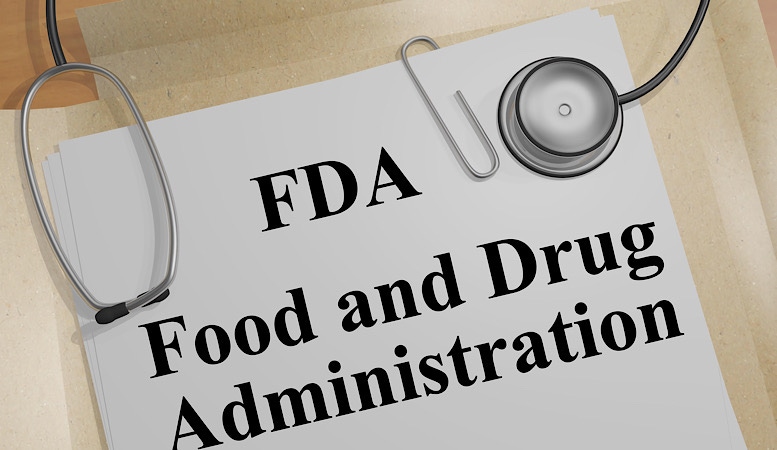FDA Is Back in the Driver’s Seat with LDTs
HHS just withdrew a Trump Administration-established policy limiting FDA’s ability to regulate laboratory-developed tests.
November 16, 2021

FDA can once again regulate laboratory-developed tests. The U.S. Department of Health and Human Services withdrew a policy established in August of 2020 by the Trump administration that limited FDA’s ability to address certain problematic COVID-19 tests.
The policy established in August directed FDA not to require premarket review for LDTs, including premarket approval (PMA) or clearance (510(k)), and emergency use authorization (EUA), even in situations where they have poor performance.
By withdrawing the policy, HHS said it is helping to ensure that COVID-19 tests work as intended. Effective today, HHS no longer has a policy on LDTs that is separate from FDA’s longstanding approach in this area.
Today, FDA said that it’s also updating its policies for COVID-19 tests, including COVID-19 LDTs. These policies take into account the importance of test availability, reliability, and accuracy.
“In addition to vaccination efforts, testing remains a cornerstone of the national response to the pandemic and plays a central role in helping Americans get back to work, school and other important activities, particularly as the holiday season approaches. The FDA remains committed to helping to increase the availability of tests that will have the biggest impact on the nation’s ongoing COVID-19 testing needs, such as at-home and point-of-care diagnostic tests that can be produced in high volumes,” said Jeff Shuren, M.D., J.D., director of FDA’s Center for Devices and Radiological Health. “By focusing our review on these types of tests, and helping to ensure that available tests have appropriate oversight, we can better respond to the pandemic as the nation’s testing needs continue to evolve.”
The original change in policy has caused intense disagreement between Stephen Hahn, who was FDA Commissioner at the time and then HHS Secretary Alex Azar, according to a report from The Washington Post. The Post’s report also said the policy came as a shock to many at FDA.
About the Author(s)
You May Also Like



.png?width=300&auto=webp&quality=80&disable=upscale)
